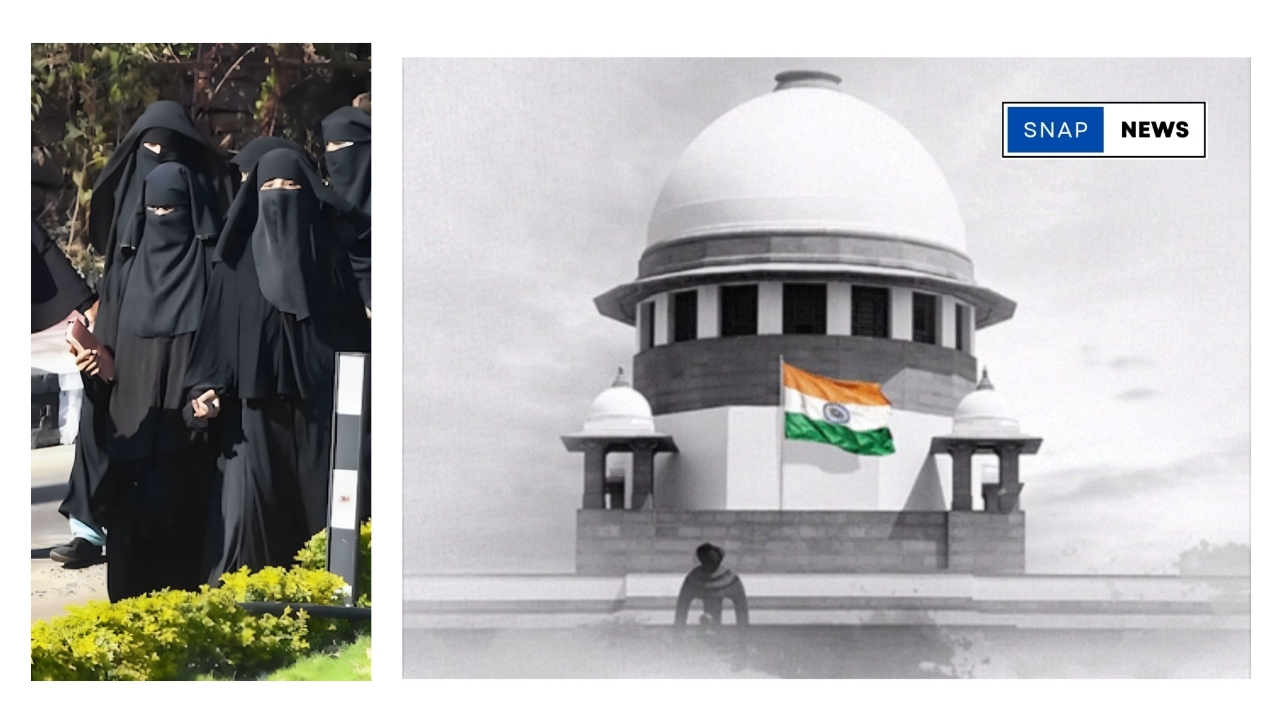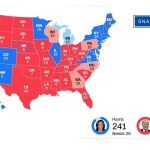
Mumbai,10.08.2024 –The Supreme Court of India has issued an interim stay on a circular issued by a private college in Mumbai’s Chembur area, which banned students from wearing hijabs, veils, burqas, stoles, and caps on campus. The decision by the apex court has sparked a wider discussion on personal freedom, religious expression, and the empowerment of women in educational institutions.
During the hearing, the Supreme Court bench expressed serious concerns about the college’s decision, questioning how such a ban could contribute to the empowerment of women. “How are you empowering girls by restricting what they wear? What girls choose to wear should be left to them,” the court remarked. The bench also noted the irony that, decades after India’s independence, the country is still grappling with issues related to religious attire in educational institutions.
The court made it clear that girl students must have the freedom to choose their clothing, and it criticized the college for imposing such restrictions. “It’s unfortunate that you suddenly wake up to know that there are many religions in the country,” the bench pointedly told the college administration. The court further questioned why the college did not also ban other religious symbols, such as ’tilak’ and ‘bindi,’ if the intent was to avoid revealing students’ religious identities. “Will the students’ names not reveal their religious identity?” the bench asked Madhavi Diwan, the senior advocate representing the educational society.
However, the court did specify that while the interim order permits the wearing of hijabs, veils, and stoles, it does not allow the wearing of burqas inside the classroom. Additionally, the court emphasized that no religious activities should be conducted on the campus. The bench was clear in stating that its interim order should not be misused in any manner.
The Supreme Court’s order came in response to a plea challenging a Bombay High Court verdict that had upheld the college’s decision to ban certain religious attire on campus. The petitioners, including student Zainab Abdul Qayyum, argued that the ban had prevented many students from attending classes.
The Supreme Court’s interim order specifically stays the part of the college’s circular that imposed restrictions on female students wearing hijabs or caps. The Court has also issued a notice to the college and the educational society, allowing them to approach the court in case of any misuse of its order.
The next hearing on this matter is scheduled for the week beginning November 18, 2024, and it is expected to be closely watched as it may have significant implications for similar cases across the country.
This case highlights the ongoing tension between personal freedoms and institutional regulations in India, particularly concerning religious expression in educational settings. As the debate continues, the Supreme Court’s interim order is seen by many as a victory for individual rights and the empowerment of women.











